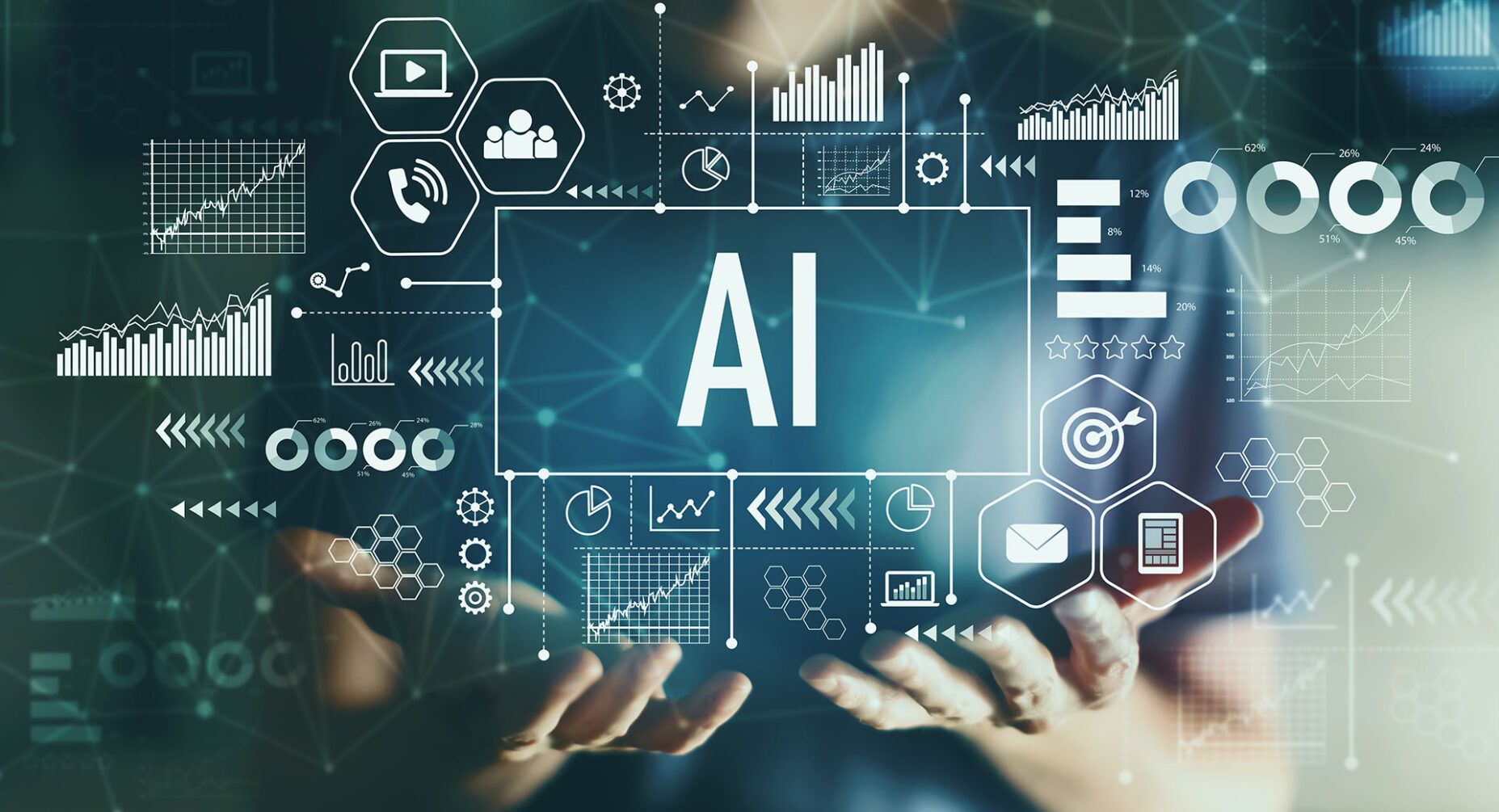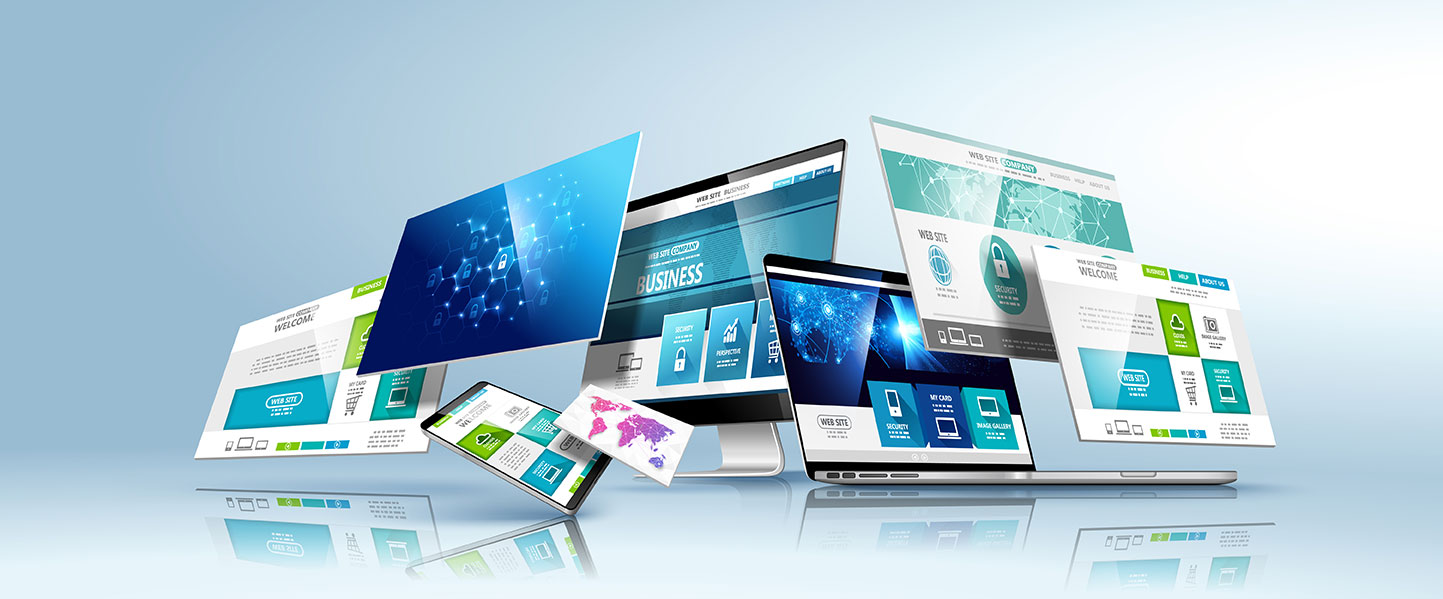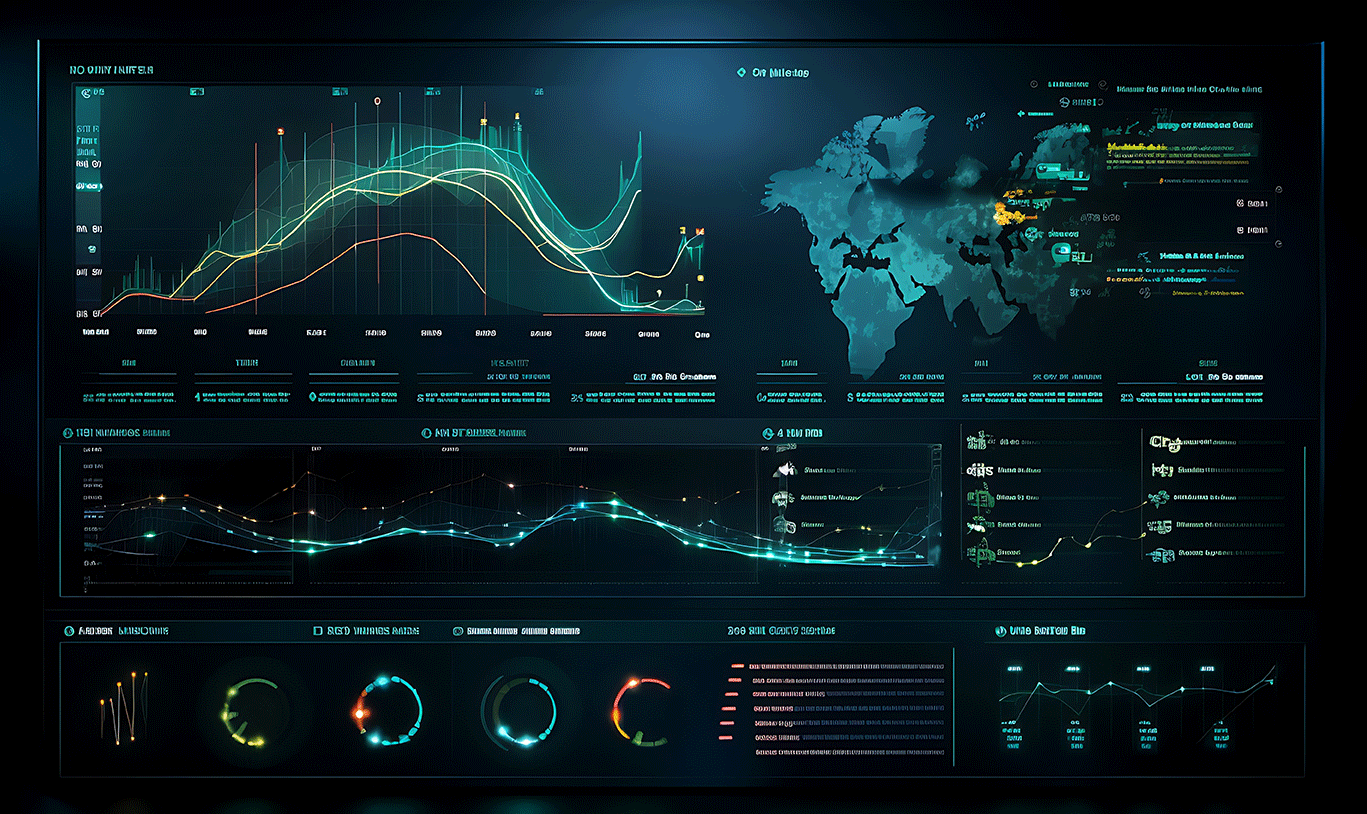Artificial intelligence (AI) is revolutionizing web development, enabling businesses to create highly personalized and efficient online experiences. From automated design assistance to predictive user behavior analysis, AI-powered websites are shaping the future of digital interactions. As consumer expectations for seamless online experiences grow, businesses that leverage AI stand to gain a significant competitive edge. In this post, we explore how AI is transforming web development, the key benefits it offers, potential challenges, and what businesses need to know to stay ahead.

AI in Web Development: A Game Changer AI is no longer a futuristic concept—it is actively enhancing website functionality in several key areas:
- Personalization: AI-driven algorithms analyze user behavior, preferences, and interactions to deliver customized experiences. This includes dynamically adjusting website layouts, serving hyper-relevant product recommendations, and modifying calls-to-action based on individual user profiles. According to Andrew Ng, co-founder of Google Brain and former Chief Scientist at Baidu, “AI is the new electricity,” highlighting its ability to transform industries by optimizing processes such as website personalization.
- Chatbots & Virtual Assistants: AI-powered chatbots are transforming customer service by providing instant responses to queries, handling transactional processes, and even guiding users through complex interactions. Advanced natural language processing (NLP) models enable these bots to understand user intent, reducing frustration and enhancing engagement. Elon Musk, a vocal advocate for AI, has emphasized that “chatbots and AI assistants are becoming smarter every day,” underscoring their growing role in digital interactions. Companies like Amazon, Shopify, and Meta integrate AI chatbots to handle a significant portion of customer inquiries, improving efficiency and reducing operational costs.
- Automated Design & Development: AI-driven platforms like Wix ADI, The Grid, and Adobe Sensei help automate website design by analyzing industry trends, branding guidelines, and user behavior. These platforms can generate responsive designs, optimize color palettes, and even suggest content layouts that align with business objectives. AI-assisted coding tools, such as GitHub Copilot, streamline development by providing real-time code suggestions and reducing manual coding efforts. Fei-Fei Li, a renowned AI researcher and professor at Stanford University, has emphasized that “AI is fundamentally reshaping creative fields,” indicating its potential in automated design and development.
- SEO & Content Optimization: AI significantly enhances search engine optimization (SEO) efforts by analyzing keyword trends, optimizing meta descriptions, and structuring content for better readability. AI-powered tools like Clearscope, SurferSEO, and SEMrush leverage natural language processing to suggest keyword variations and topic clusters, helping businesses create high-ranking content. Additionally, AI enables automated content generation through tools like GPT-powered writing assistants, which can draft blog posts, product descriptions, and ad copy while maintaining SEO-friendly structures. Sundar Pichai, CEO of Google, has stated that “AI will be one of the most profound things we work on as humanity,” highlighting its integral role in areas like search engine algorithms and content optimization.
- Security Enhancements: Cybersecurity threats are evolving rapidly, and AI plays a crucial role in detecting and mitigating online risks. AI-driven security systems analyze website traffic patterns, flag suspicious activities, and prevent threats like phishing attacks, DDoS attacks, and credential stuffing. By continuously learning from new threats, AI-powered cybersecurity solutions help businesses safeguard sensitive user data and maintain compliance with privacy regulations. Demis Hassabis, CEO of DeepMind, has remarked that “AI’s ability to process massive amounts of data in real time makes it invaluable in detecting security threats before they escalate.”
The Business Impact of AI-Powered Websites For businesses, AI-driven websites offer significant advantages that directly impact growth, efficiency, and customer satisfaction:
- Higher Engagement: AI-powered personalization and predictive analytics ensure that users receive content and recommendations tailored to their interests, increasing retention rates and time spent on-site. This enhanced user engagement translates to improved conversion rates and customer loyalty.
- Improved Efficiency: Automation reduces the need for manual updates, content management, and customer service interactions. AI chatbots, automated workflows, and smart algorithms allow businesses to operate with greater efficiency, freeing up human resources for strategic decision-making and complex problem-solving.
- Better Data Insights: AI-driven analytics provide deeper insights into user behavior, helping businesses refine marketing strategies, optimize product offerings, and make data-driven decisions. AI tools analyze vast amounts of data in real time, uncovering patterns that would be difficult to detect manually. As Geoffrey Hinton, a pioneer in AI and deep learning, has pointed out, “AI enables us to make sense of data at a scale that humans simply cannot process manually.”
- Cost Savings: AI minimizes the need for large development teams, reduces customer service overhead, and automates various operational tasks. Businesses can achieve significant cost reductions while maintaining high-quality digital experiences.
Challenges and Considerations While AI-powered websites offer many benefits, businesses must also consider potential challenges and ethical implications:
- Data Privacy & Ethics: AI-driven personalization requires collecting and analyzing large amounts of user data. Businesses must ensure compliance with data protection regulations like GDPR, CCPA, and HIPAA to maintain customer trust. Ethical AI practices involve transparency, data security, and user consent. Tim Cook, CEO of Apple, has emphasized that “privacy is a fundamental human right,” urging businesses to use AI responsibly.
- Integration Complexity: Implementing AI solutions into existing platforms requires technical expertise and often involves significant infrastructure changes. Businesses must carefully evaluate their technology stack and choose AI solutions that integrate seamlessly with their existing workflows.
- User Trust: Overly aggressive AI-driven personalization or chatbot interactions can sometimes feel intrusive or unnatural. Striking a balance between automation and human touch is essential to maintaining a positive user experience and brand reputation. As Kai-Fu Lee, AI expert and venture capitalist, has pointed out, “AI must be designed with empathy to ensure that it truly benefits humanity.”
AI-powered websites are not just a trend; they represent the next phase of digital transformation. Businesses that adopt AI-driven web solutions can enhance user engagement, streamline operations, and gain a competitive edge. As AI continues to evolve, staying informed and strategically integrating these technologies will be crucial for success in the digital landscape. Companies that invest in AI now will be well-positioned to adapt to future innovations, drive customer satisfaction, and maintain a strong digital presence in an increasingly AI-driven world.





